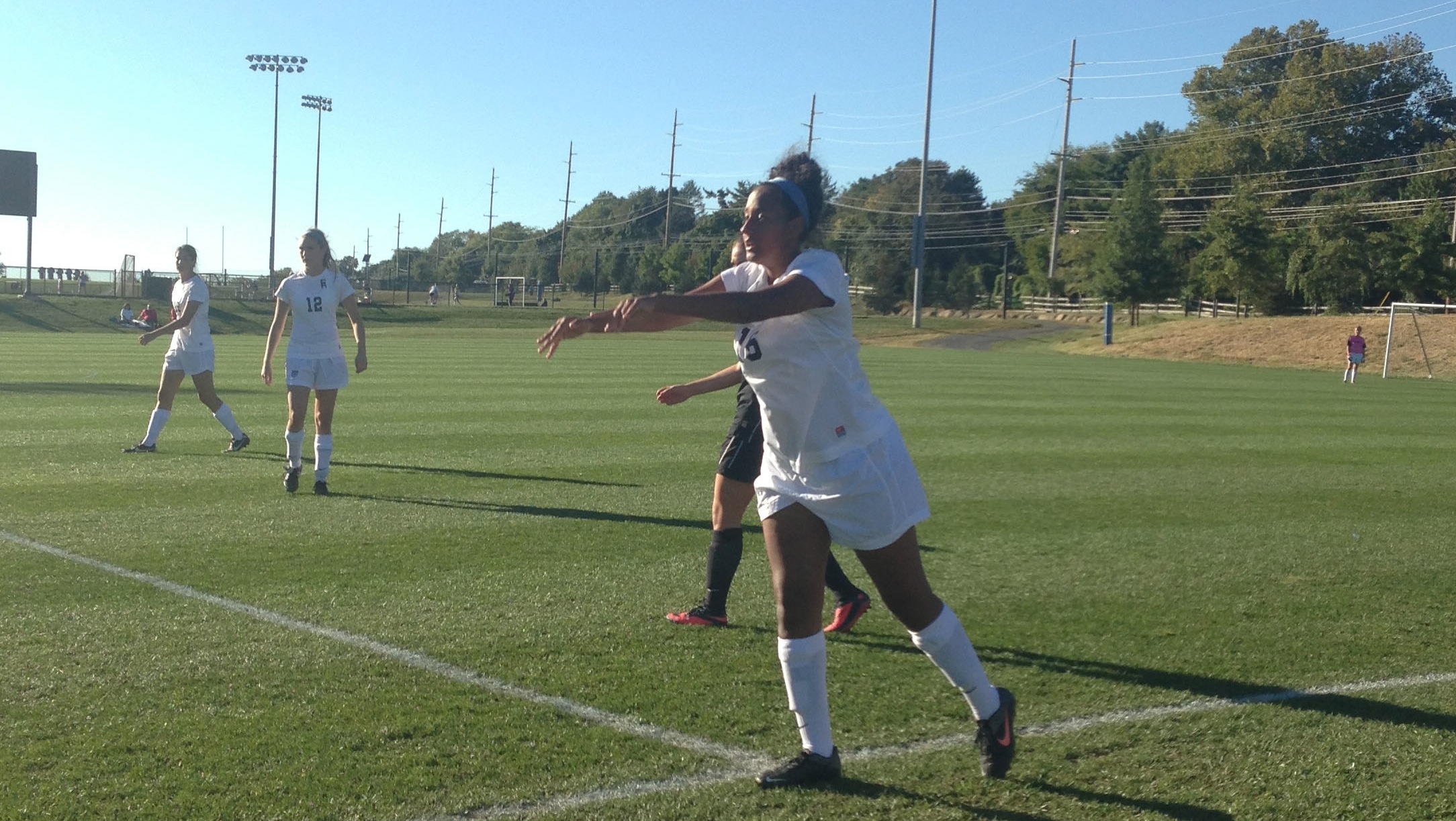
Audrey Lee ’17: Due to class scheduling, many Upper School students find themselves unable to pursue all the activities they would like, especially between the arts and sports.
In an institution that hopes to produce well-rounded and influential students, is it sensible to tell an athlete that they can’t be part of the theatre production because they have practice at the same time? By strictly imposing mandatory requirements for athletics and other classes, students are often forced to make an agonizing decision. This can create divides between groups of students and inhibit involvement in both realms, a dangerous reality for a school seeking to instill holistic excellence in its students.
The Upper School Student Handbook states that freshmen and sophomores have a three-season athletic requirement with a fitness or drama option for one trimester and interscholastic sports for the remainder of the year. Underclassmen are also only permitted to choose to do drama once in a calendar year while juniors and seniors can pursue it twice.
Offering limited opportunity for students first entering the Upper School to pursue the arts seems illogical because it forces them to be involved in athletic requirements when in reality their passions lay elsewhere. The greater number of sports credits required for graduation places pursuing theatre or other areas of art at a disadvantage.
Scheduling and timing conflicts between sports and theatre are the biggest factor in limiting students from pursuing both theatre and sports. Domino Block is a time where students can relax, complete work, and those in theatre can rehearse. However, once Domino ends, sports start – but rehearsal continues. Because of this conflict, those in sports cannot participate in theatre.
Regina Buggy, Director of Athletics, noted “School administration is equally focused on developing both the athletic and artistic sides of students.” Although currently one cannot completely participate in both sports and theatre, Buggy commented, “It’s more difficult and challenging, but we want the ability to do both.”
Daniel Clay, Director of Upper School Theatre, claimed, “We’re a sports-driven school…[so] we’ve lost some students to sports.” Theatre faces the trials of scheduling while trying to balance the sports requirement. Clay explains, “The challenge is trying to do [theatre] in the afternoon and fulfilling sports requirements. There are athletes who want to do sports and want to do plays.”
Students often feel pressure when choosing between theatre and athletics. “I was trying to decide to do the play, or softball,” said Sophie Walker ’15. “This year I chose the production week option and next year I’m dropping softball and doing the play [because] the musical in the spring conflicts for me.” Gossen Yang ’17 noted, “I’m a little bit [pressured] because I’ve done water polo all of Middle School, and I was pressured to choose between the two.”
With limited time during the day and the need to get home after school, balancing time between theatre and sports poses a challenge. In the end, sacrifices would have to be made in both: play rehearsal could start at the beginning of Domino and last until before sports, which could be pushed back ten minutes to begin at 4:00, instead of their current 3:50 start. By providing theatre with a full hour and reducing time for athletics by only a bit, students could be provided with a greater opportunity to do both.
Allowing students to follow their passions for both sports and arts could dissolve social barriers and create a more well- rounded community, eager to pursue the school motto of “Mind, Body, and Spirit.”